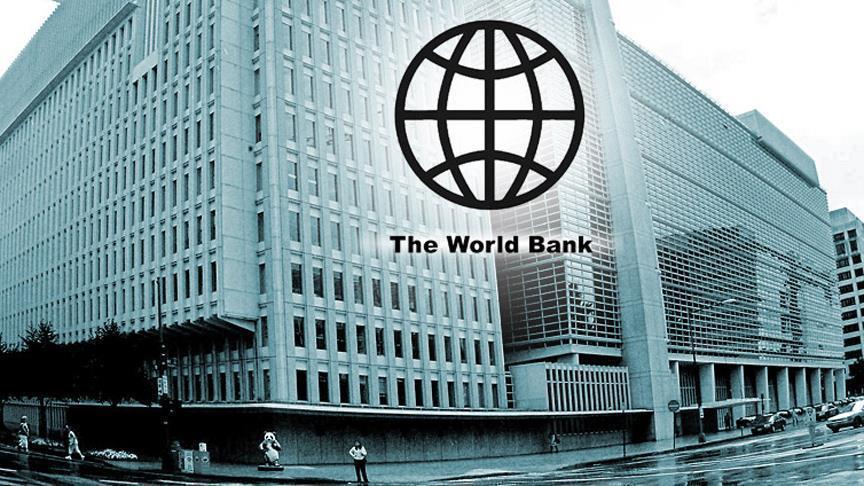The World Bank expects Bulgaria’s economy to grow by 2.6 percent this year and by 3.3 percent next year, which is respectively 0.7 and 0.4 percentage points less than their January estimate. The assessment was part of the spring report published on the institution’s website.
The bank improved its assessment for 2020 to a 4.2 percent drop in Bulgaria’s gross domestic product (GDP), pointing out that Bulgaria’s economy has been hit relatively mildly by the crisis caused by the 2020 pandemic. According to the World Bank, consumption remained relatively unabated as government salary subsidies and pension supplements prevented a more severe loss of income. Yet, slow inoculation rates suggest that pandemic-related risks will remain high until the third quarter of 2021, warns the report. Going forward, policymakers would need to ensure the only gradual withdrawal of financial support measures and judicious use of the unprecedented amount of EU funds.
The biggest risks to the country’s prospects stem from the epidemiology of the virus and the government’s vaccination program, which depends not only on the availability of vaccines and the organization of the process but also on the attitudes of the population.
Skepticism against vaccines remains high and may decrease only with a stronger pro-vaccination campaign, the report’s authors say.
The Bulgarian economy is projected to grow by 2.6 percent in 2021 and reach its pre-crisis (2019) level of real output in 2022. The baseline scenario assumes that vaccination in Bulgaria will gain momentum in the second and third quarters of 2021, which will gradually help restore consumer and business confidence.
With expectations of reduced infection rates in the summer and increased inoculation in Bulgaria’s main market, the EU, external sales of goods are likely to recover but tourism is expected to remain below pre-crisis levels, the World Bank predicts.
The World Bank expects inflation in Bulgaria to accelerate to 3.2 and 3.3 percent respectively in 2021 and 2022.
For 2021, a budget deficit of 1.9 percent of GDP is projected, which in 2022 will go down to 1.5 percent. However, government debt is expected to rise to 26.6 percent and 26.7 percent over the two years under review.

